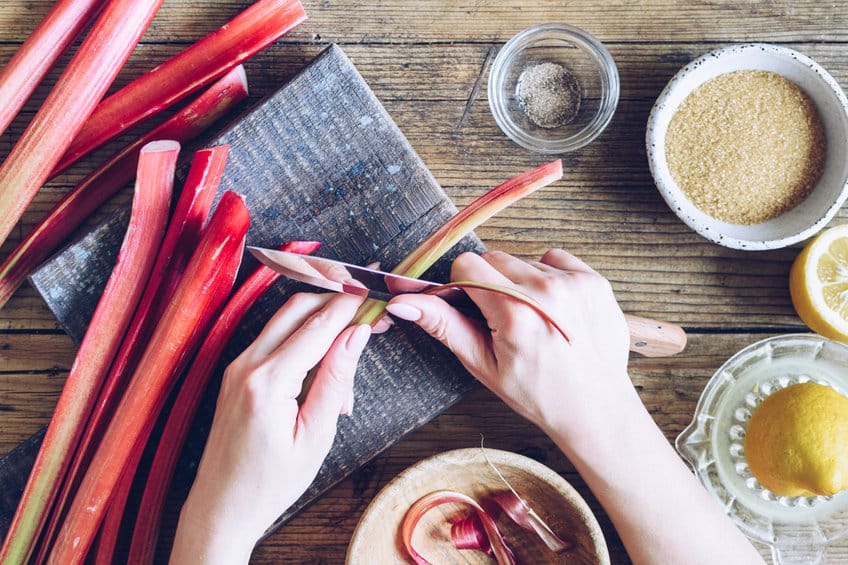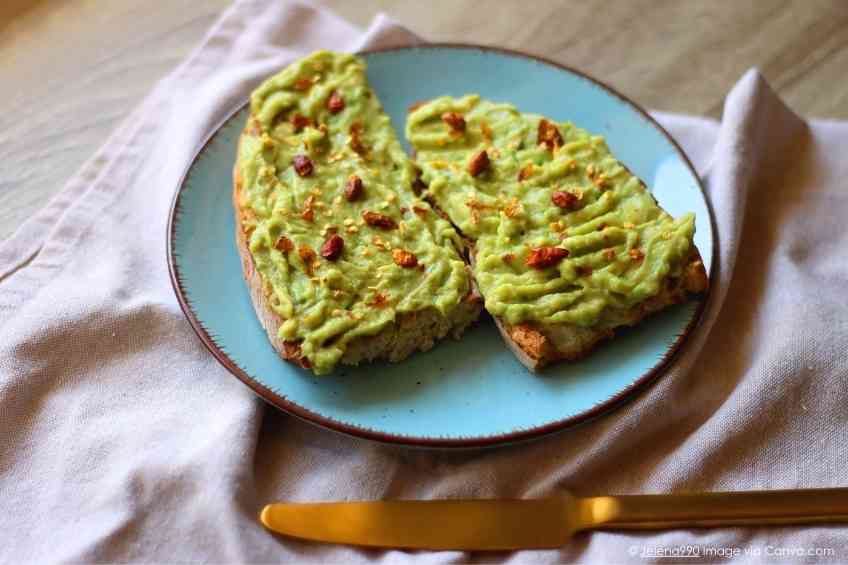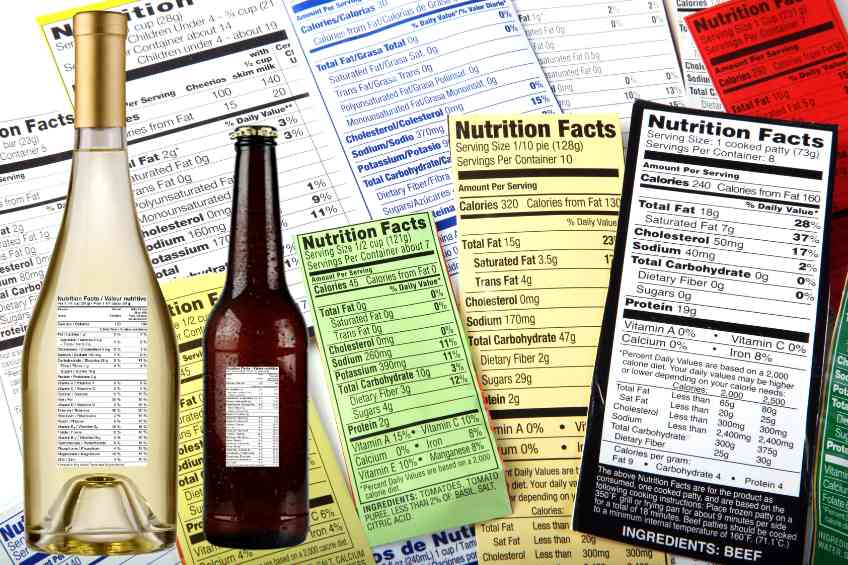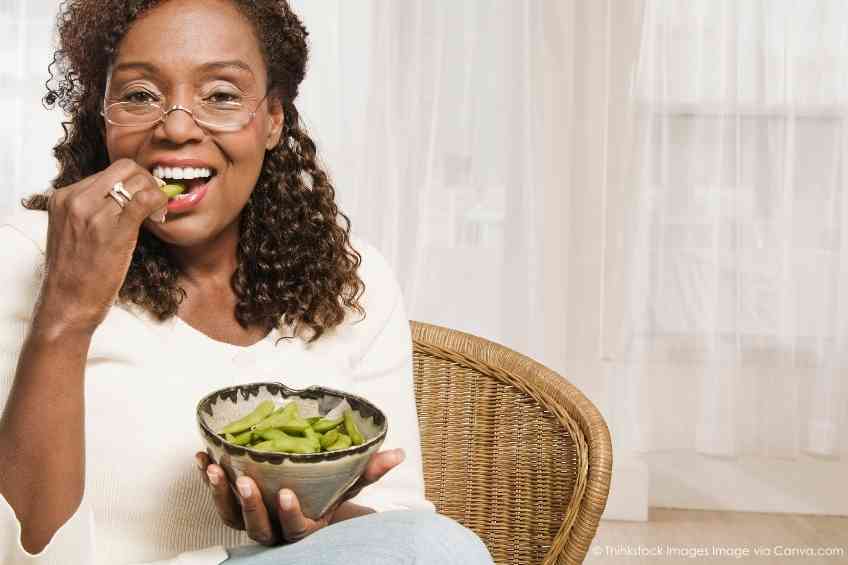The Skinny
There is no use arguing about it. Rhubarb has its advocates and detractors—both of which are equally passionate about this vegetable that most people think is a fruit because it is used in so many pies, cakes and other desserts. Sure, is it bitter, but cook it with sugar, add in some strawberries and you’ve got the makings of a wonderful dessert. Heck, visit Wales or England where it seems just about everyone has some rhubarb growing out back and you’re likely to get a sweetened dish of stewed rhubarb covered with hot custard served up after Sunday dinner. The battle lines for rhubarb are usually drawn over taste, especially if as a child some Welsh aunt of yours served you with a seemingly endless supply topped off with Bird’s Original Custard. But there are deeper pluses and minuses to this veggie—some that shouldn’t be trifled with if you’re deciding which side of rhubarb barricade, you’ll be standing on. WellWell, again, is here to help you keep score.
The Slate
Rhubarb’s Benefits
Lowers Cholesterol
Okay, if you avoid Welsh or English relatives and their penchant for custard and if you don’t go crazy with sugar and other unhealthy additives, a little rhubarb can’t hurt when it comes to improving cholesterol levels. In fact, reports in the Journal of the American College of Nutrition maintain a little rhubarb in a diet can significantly lower cholesterol levels. It comes in particularly handy in lowering bad cholesterol. 
Bone and Heart Healthy
Since a 3.5-ounce serving delivers almost 40 percent of the recommended daily intake for vitamin K, rhubarb can undoubtedly boost bones and hearts. Vitamin K is critical for supporting blood clotting and maintaining a healthy heart. Since it also improves bone mineral density, which in turn reduces the chance of fractures, it also supports strong bones and may even guard against osteoporosis.
May Combat Cancer
Rhubarb may help battle cancer too if animal studies are any indication. These studies have shown that physcion, which rhubarb is rich in, can have a powerful effect on destroying cancer cells. It seems particularly powerful when rhubarb is baked. More research is needed before its cancer-fighting abilities can be confirmed.
Reduces Inflammation
Chinese and Pakistani research repower that rhubarb powder and extracts are effective at lowering inflammation levels. The Chinese noted that powder was particularly helpful for patients with systemic inflammatory reaction syndrome (SIRS), which can result in trauma and infection. Pakistani researchers report that rhubarb extract helps incisions heal by reducing inflammation and thwarting bacteria growth.
Rhubarb’s Drawbacks
Poison
Rhubarb leaves are poisonous because they are loaded with oxalic acid. Okay, death may not occur if they are eaten, but the unpleasant symptoms include vomiting and diarrhea at the least and possibly sore throats, difficulty swallowing, vomiting with blood and abdominal pain at the worst.
Kidney Problems
Get too much oxalate and an individual could face hyperoxaluria, which leads to excess oxalate excreted in the urine. Worse still, it can result in calcium oxalate crystals forming, which is a precursor to kidney stones and possibly even kidney failure.
Stalk Freezing Concerns
Rhubarb’s golden spot is its edible stalks. But the preferred parts of this vegetable can accumulate high levels of oxalic acid (See Kidney Problems and Poison above) if temperatures drop into the 20s before it is harvested.
Pet Danger
Pets generally don’t munch on rhubarb because of its bitter taste. But it is not unheard of even if it is more common among animals who graze in fields. Regardless, pets (and grazing animals) face the same consequences from the soluble calcium oxalate crystals and oxalic acid that humans do. This makes it important to make sure any rhubarb gardens/growing areas are kept pet-free.
Eyes Up
What’s your take on rhubarb? Let us know at info@wellwellusa.com.
WellWell editors independently identify services and products of interest. If readers purchase anything through the associated links, WellWell may earn a commission, which goes to support our work. Learn More.













